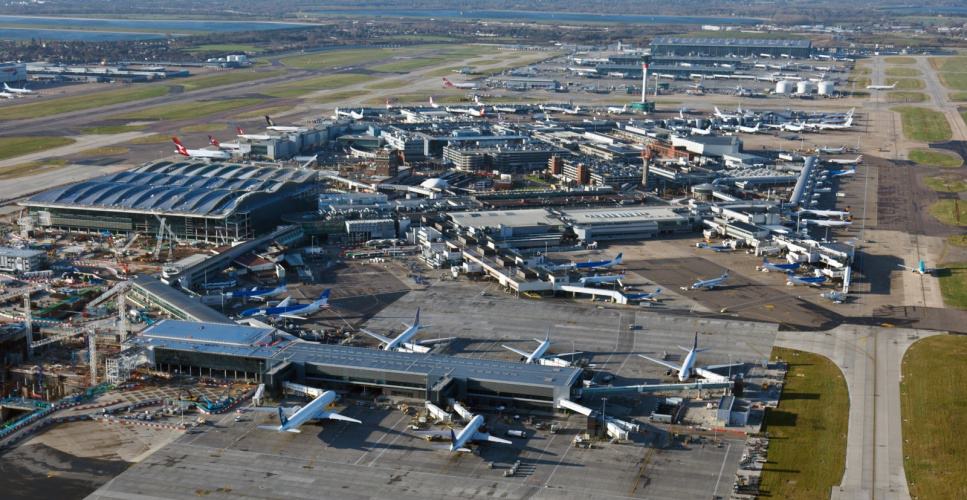From the point of view of engineering, the report of the Airports Commission unanimously recommending the expansion of Heathrow Airport with a third runway is good news. It’ll be a huge project, creating jobs and income for a swathe of engineering disciplines, some of them hard-pressed by recent economic problems, for some years; it could also help the aerospace sector if it boosts demand for aircraft, particularly in freight; and it would certainly help business with the promise of improved links to major industrial centres. Exports and inward investment could both benefit.

Of course, the above would be true wherever airport expansion happened. And as the Davies Report is non-binding on the government, it’s in fact rather difficult to say if we are any nearer actually having any expansion. Certainly, if the government decides to ignore Davies, it’ll have to justify its decision carefully (somewhat dependent of the ability of the Opposition to hold ministers to account; in the short term, the Labour party is a little preoccupied at the moment). But what seems certain is that opposition to Heathrow expansion is not going to go away; London mayor Boris Johnson, a consistent opponent of a third runway, said as much on the BBC’s Today programme this morning.
The Commission set out a list of stringent conditions under which it says Heathrow expansion can go ahead, including no take-offs and landings between 10pm and 6am and a legal ban on the building of a fourth runway: however, it’s likely these would come under pressure. There is some doubt over whether the legal ban is even possible, as there’s a convention that governments can’t tie the hands of their as-yet unelected successors. David Cameron promised “no ifs, no buts, no third runway” in 2010, but while supporters of the third runway say that the conditions placed on the expansion provide sufficient if and but for him to renege on this promise; opponents point out that with trust in politicians at a near-unprecedented low ebb, this would be unwise politically.
And this is of course the crux of the matter: airport expansion is an entirely political decision and the decision to expand Heathrow will come down to whether the government thinks it can afford to offend a large swathe of West London and East Berkshire. Boris Johnson, of course, continues to promote his pet estuary airport concept (we can’t shake the idea that this is more to do with his liking for vanity projects and naming thoings after himself), but with his tenure as London mayor soon coming to an end, his influence as just another backbench MP (for now) may also wane; especially if the current Conservative front-runner, Zac Goldsmith, gains the party’s nomination (the MP for Richmond Park, Goldsmith has made opposition to a third runway a central plank of his election campaigns, and has already stated that he believes the Commission’s figures to be flawed and the expansion plan unworkable).
The Airports Commission did comment that a second runway at Gatwick would be ‘credible’ and ‘feasible’, although with fewer economic benefits than expanding Heathrow. The IMechE supportd this option, in fact recommending that the government consider oit in addition to expandin Heathrow. ’Expanding Heathrow will only meet airport capacity demand in the short to medium-term. In order to future-proof the country’s transport infrastructure and further boost the economy Government should consider the possibility of adding an extra runway at Gatwick in addition to the expansion of Heathrow,’ said IMechE head of transport and manufacturing Phillipa Oldham. ”In order to reap the full benefits we need to significantly boost rail access to help meet the demands of greater passenger numbers and to accommodate an increase need for freight distribution access via the airport,” she added.With the government firmly behind the ‘hub’ airport concept — which rules out expansion outside the Southeast — it appears that despite the publication of what was hoped to be a milestone in the decision process, in reality we are no further forward. The prospect of another round of debate, political posturing and uncertainty is probably the worst result possible for British industry.




Red Bull makes hydrogen fuel cell play with AVL
Formula 1 is an anachronistic anomaly where its only cutting edge is in engine development. The rules prohibit any real innovation and there would be...